As Kiev continues to harass Moscow with attacks on energy infrastructure deep inside Russia, it has emerged that oil, energy and other infrastructure companies in Russia have been scrambling to protect themselves for more than a year.
In a post on March 21, the independent news site Important Stories (Russia) said that, as a precaution, since the beginning of April last year, Russian companies have issued more than 300 tenders for the supply of systems to counter Ukraine's suicide drones (kamikaze).
According to the Moscow Times, also an independent Russian news site, around the same time, Mr. Andrei Kartapolov, head of the Russian State Duma (Lower House) Defense Committee, said that the Russian Defense Ministry only has enough funding and air defense equipment to focus on protecting important military and government facilities.
Mr Kartapolov said that Russia's air defense zones were probably known to Ukrainian and Western intelligence agencies and “since they knew the approximate locations of our air defense systems, it was quite possible to launch drones along a route bypassing those air defense zones”.
“There are quite inexpensive anti-UAV means that any business can buy and equip itself to protect its facilities,” Mr. Kartapolov said bluntly.
Self-defense measures
The Russian lawmaker’s views were supported by TV presenter Vladimir Solovyov, who told Russia-1 on March 17 that if refinery owners cannot provide for their own safety, their businesses should be liquidated. The statement came after Ukraine’s successful drone attack on Russian refineries last week.
In January, Upstream Online, a Norwegian news site that covers all things oil, reported that Russian President Vladimir Putin had agreed to change the law to allow private companies to equip themselves with anti-drone weapons to protect their facilities.
Tenders put out by Russian energy companies including Rosneft and Lukoil, as well as electricity suppliers such as Rosseti, are for a range of anti-UAV systems. These include things like high-velocity machine guns, cannons, anti-drone guns, radio interceptors and signal jammers, as well as protective structures such as nets around key areas.
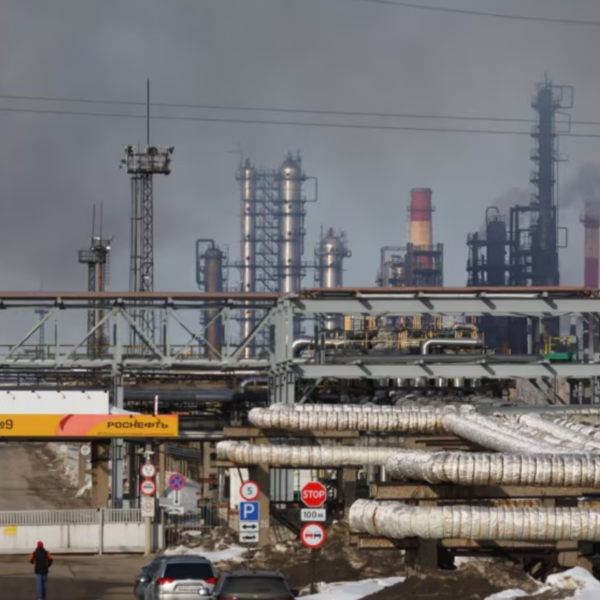
Smoke rises above the Ryazan oil refinery in the Samara region, following a drone attack, March 13, 2024. Photo: TASS
Even before the recent attacks on Russian oil refineries, security experts warned that the measures taken may not be effective. The long-range drones used by Ukraine carry high-explosive fragmentation warheads that would be useless to intercept. Moreover, anti-drone guns are designed to disrupt communication between the drone and its operator, while these long-range drones fly autonomously.
According to Important Stories, Rosneft, the company that operates the Syzran refinery, had proposed protective nets and mobile drone interception systems by the first half of 2023. If they were indeed installed, it is clear that these Rosneft defenses have failed, as the Syzran plant in the Samara region was one of the plants damaged by a Ukrainian drone attack on March 16, resulting in a fire.
Warning from Washington
Repeated attacks by Ukrainian drones on Russian oil refineries have led to sharp increases in domestic gasoline and other fuel prices in Russia and a temporary ban on oil exports. Even before last weekend’s attacks, Bloomberg reported that Ukraine’s harassment tactics may have affected 12% of Russia’s refining capacity.
The Financial Times on March 22 quoted a source as saying that the US has called on Ukraine to stop attacking Russian energy infrastructure, warning that such attacks risk provoking retaliation and pushing up global oil prices.
Rising global energy prices will put pressure on gasoline prices in the US and thereby weaken President Joe Biden's ratings and weaken his re-election chances in a one-on-one re-election against his predecessor Donald Trump in November's election.
“Nothing scares a sitting US president more than gas station prices skyrocketing in an election year,” Bob McNally, president of consulting firm Rapidan Energy and former White House energy adviser, told the British newspaper.
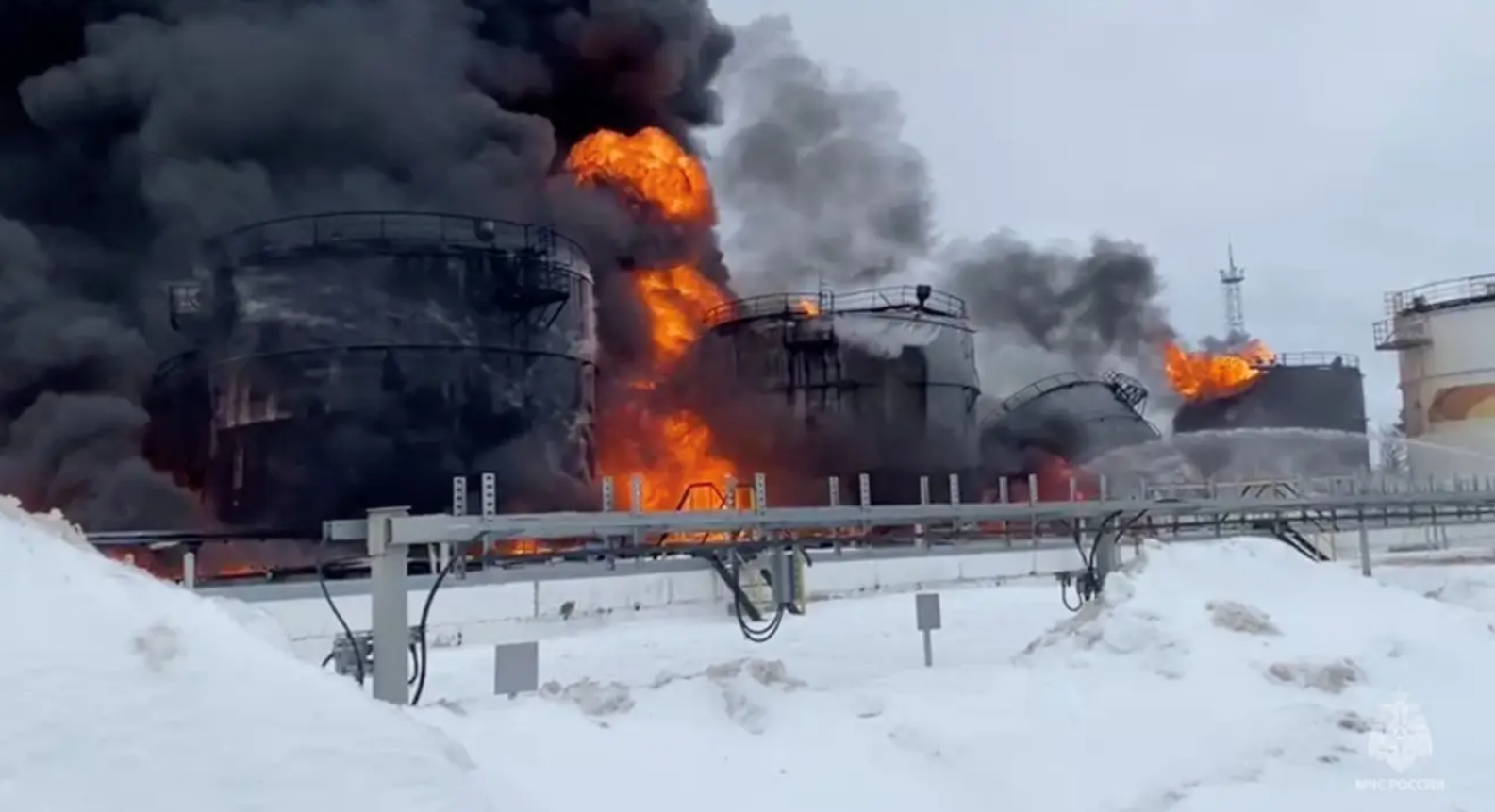
Firefighters extinguish a fire at oil tanks at a storage facility in the Bryansk region on January 19, 2024. Photo: Business Insider
Russia remains one of the world’s most important energy exporters despite Western sanctions on its oil and gas sector. Oil prices have risen about 15% this year to around $85 a barrel, pushing up fuel costs just as Mr. Biden begins his re-election campaign.
Washington is also concerned that if Kiev continues to attack Russian facilities, many of which are hundreds of miles from the border, Moscow could retaliate by attacking energy infrastructure on which the West depends.
A prime example is the CPC pipeline that carries crude oil from Kazakhstan through Russia to global markets. Western companies including ExxonMobil and Chevron used the pipeline, but Moscow briefly shut it down in 2022.
“We do not encourage or enable attacks inside Russia,” a White House National Security Council spokesman said.
The Central Intelligence Agency (CIA) declined to comment.
In Kiev, a spokesman for Ukraine's Internal Security Service (SBU) also declined to comment, while officials at the Ukrainian Military Intelligence Service (GUR) and the Office of Ukrainian President Zelensky did not respond to requests for comment.
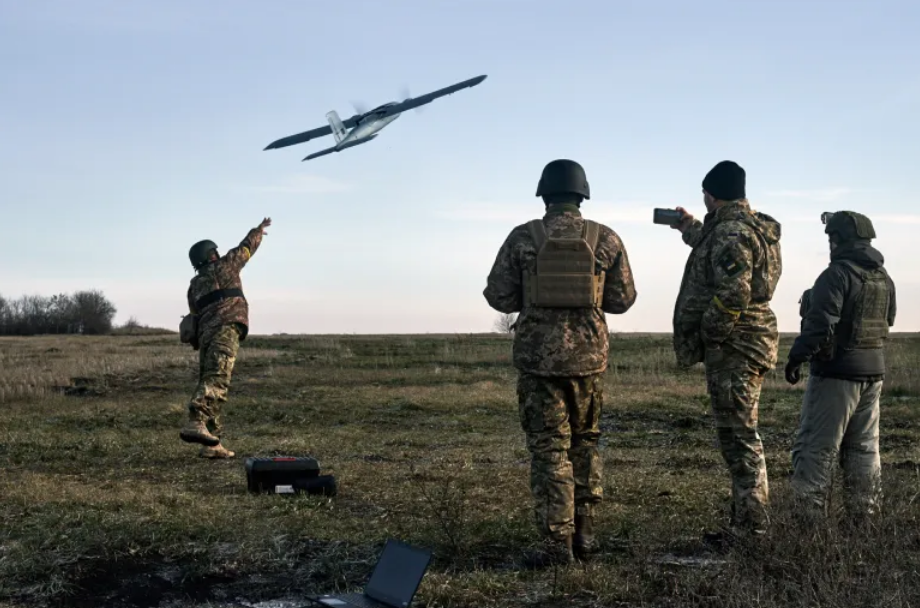
Ukrainian soldiers launch a drone at Russian positions near the Bakhmut front line, Donetsk region. Photo: Al Jazeera
In the latest related development, Vyacheslav Gladkov, governor of the Belgorod region bordering Ukraine, wrote on Telegram on March 22 that two districts in his region had been attacked by drones. “One civilian was killed, two others were injured,” Gladkov said.
On the same day, the Samara region in the southeast of the country saw “several drone attacks” on local oil refineries, Governor Dmitri Azarov said in a statement posted on Telegram.
One of the attacks caused a fire at the Kuibyshev oil refinery, Mr. Azarov added, noting that there were no casualties.
According to the official website of the Kuibyshev refinery, operated by Russian oil giant Rosneft, it is one of the largest plants in Samara, with a production capacity of 7 million tons per year.
A drone attack on another refinery in the region, Novokuibyshevsk, “was repelled without damage to technological equipment,” Azarov said.
“We see that the enemy, who is suffering defeat on the battlefield, is doing everything possible to undermine our endurance and unity,” Azarov said.
The Russian Defense Ministry said in a press release on March 22 that it had destroyed “12 Ukrainian drones” overnight over the Bryansk, Belgorod and Voronezh regions, all three of which border Ukraine, as well as over the Saratov region .
Minh Duc (According to Kyiv Post, Brussels Signal, France24)
Source


![[Photo] General Secretary To Lam meets and expresses gratitude to Vietnam's Belarusian friends](https://vphoto.vietnam.vn/thumb/1200x675/vietnam/resource/IMAGE/2025/5/11/c515ee2054c54a87aa8a7cb520f2fa6e)
![[Photo] General Secretary To Lam arrives in Minsk, begins state visit to Belarus](https://vphoto.vietnam.vn/thumb/1200x675/vietnam/resource/IMAGE/2025/5/11/76602f587468437f8b5b7104495f444d)

![[Photo] General Secretary To Lam concludes visit to Russia, departs for Belarus](https://vphoto.vietnam.vn/thumb/1200x675/vietnam/resource/IMAGE/2025/5/11/0acf1081a95e4b1d9886c67fdafd95ed)


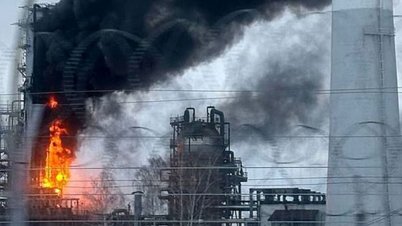
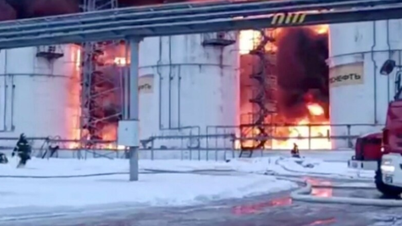
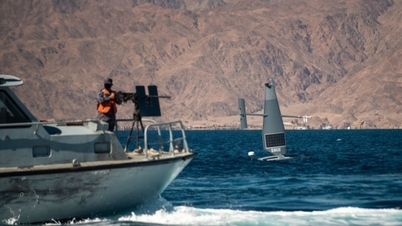

















![[Photo] National Assembly Chairman Tran Thanh Man attends the Party Congress of the Committee for Culture and Social Affairs](https://vphoto.vietnam.vn/thumb/1200x675/vietnam/resource/IMAGE/2025/5/11/f5ed02beb9404bca998a08b34ef255a6)




























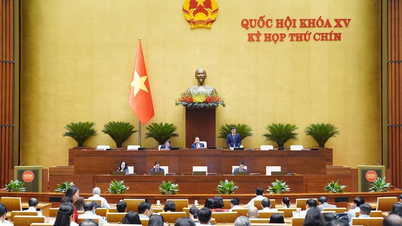

























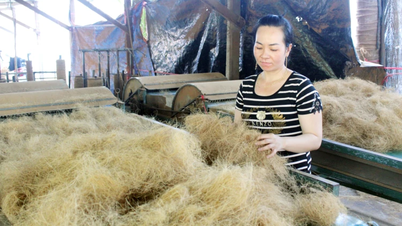











Comment (0)